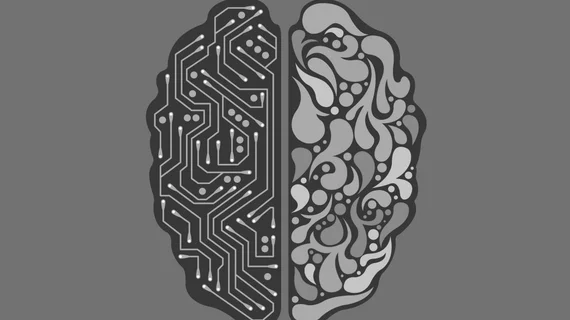Scripps, Nvidia partner to promote use of AI with digital health sensors
Technology company Nvidia is partnering with the Scripps Research Translational Institute in a push to apply artificial intelligence (AI) with digital health sensor data.
“AI in medicine has tremendous promise,” Eric Topol, Scripps Research Translational Institute founder and director, said in a statement. “Eventually, it will markedly improve accuracy, efficiency and workflow in medical practice with the potential to lower cost. But so much of this depends on validating AI algorithms and proving clinical efficacy. The data inputs from sensors and sequencing, in particular, will play an important role.”
Through the partnership, the companies plan to push disease prevention and detection by applying AI and deep learning best practices, tools and infrastructure to genomics and digital health sensors, according to a blog post on Nvidia’s website.
The entities will also work to establish a center of excellence for AI in genomics and digital sensors through the partnership.
“Genomics data is doubling every seven months. To keep up, the team will develop deep learning approaches to help improve mutation detection and make genome sequencing more affordable and accessible. The astounding growth in genomics data is why the use of the data-hungry deep learning approach in genomic research papers has increased 40 times in the last four years,” the post stated.
“Deep learning can predict phenotypic information from mutation detections, which, when combined with digital sensor data, opens up a new world of disease prevention and intervention.”

